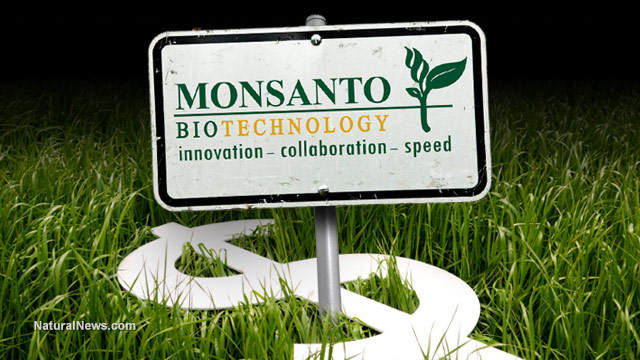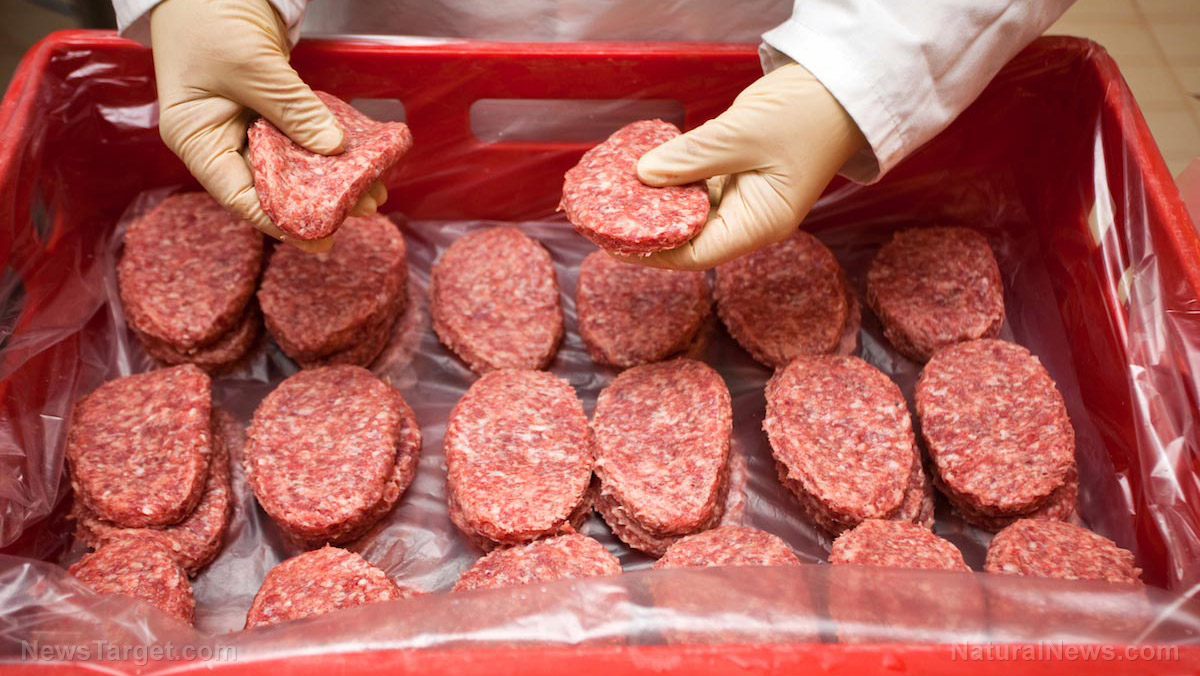
Advertisement
Monsanto’s biggest secret is coming out, as the fate of their infamous herbicide hangs in the balance. For the first time ever, a judge allowed the release of incriminating documents that prove Monsanto colluded with federal regulators and scientists to promote glyphosate for financial gain.
The eye-opening Poison Papers are being made public by the law firm Baum Hedlund. The project includes more than 100,000 documents detailing how the chemical industry knowingly worked with government regulators to conceal the toxicity of chemical products for forty years. The Poison Paper’s lead journalist, Peter von Stackelberg, says the papers lay out “a 40-year history of deceit and collusion involving the chemical industry and the regulatory agencies that were supposed to be protecting human health and the environment.”
In the latest release of documents, it is clear that Monsanto deceived the public with their controversial, best-selling herbicide. Almost all the science backing glyphosate turns outs to be fraudulent. All claims of glyphosate safety were myths. Monsanto deceptively worked with federal regulators and laboratories to make glyphosate appear safe, all for financial gain.
Most frightening, the federal agencies that were supposed to protect the public went along with Monsanto instead and promoted toxic products under the guise of federal oversight. The Poison Papers reveal that Monsanto retracted studies at their own discretion if the study showed any form of glyphosate toxicity. Monsanto agents were caught ghostwriting articles deceptively promoting glyphosate. The chemicals that accompany glyphosate in Roundup make it even more toxic than glyphosate alone.
Furthermore, Monsanto misled European and Canadian regulators. Dead test animals were substituted for live ones and the substitutions were omitted from lab reports. Successful lab reports were copied and pasted to approve other products. Managers even forged signatures to falsify safety reports for chemicals.
Monsanto secretly sells dioxin, used in Lysol for decades
The Freedom of Information requests revealed other startling facts. For twenty-three years, Monsanto sold carcinogenic dioxin under the chemical name santophen. Dioxin was ousted as a toxic contaminant in the now banned Agent Orange. Remarkably, the makers of Lysol bought it up and used it as an ingredient in their disinfectant sprays for over two decades. Monsanto’s analytical chemist, Fred Hileman admitted that consumers were exposed to three parts per billion dioxin and that Lysol packaging included no such warning. Monsanto chief medical officer also admitted that the scientific literature was obstructed to misrepresent the health effects that dioxins had on workers and consumers. The U.S. Forest Service sprayed dioxin and toxic 2,4-D from Agent Orange even after scientific literature proved that the chemicals cause miscarriage, mammalian deformities, and childhood diarrhea and headaches. It turns out, the EPA’s registration of 2,4-D was based on fraudulent data.
Prominent laboratory helped Monsanto fake safety data on several pesticides
Industrial Bio-Test (IBT) Laboratories helped Monsanto fake safety data on several products. According to the U.S. FDA, IBT labs falsified 99 percent of long term studies for glyphosate and other chemicals, hiding their connection to cancer, birth defects, and reproductive damage. IBT laboratory studies helped the chemical industry achieve 483 fraudulent pesticide registrations. In one case, Monsanto sought a “clean” IBT study for their bactericide TCC by sending Monsanto toxicologist Dr. Paul Wright to IBT labs to come up with evidence that would convince the FDA to allow greater levels of TCC in deodorants and soaps. The maneuver allowed Monsanto to increase TCC levels in body care products, even though the FDA had evidence that TCC caused testicular atrophy in laboratory rats. It wasn’t until 2017 that the FDA announced that Monsanto must remove TCC from all consumer products.
The FDA ultimately blamed IBT labs for “the most massive scientific fraud ever committed in the United States, and perhaps the world” for falsifying data to push for hundreds of registration approvals. Even though the company’s president and top executives were indicted in 1981, the collusion and fake science continued elsewhere.
As the Poison Papers reveal, it’s this kind of deception that has helped Monsanto convince regulators that glyphosate, 2,4-D, and atrazine are safe. These herbicides, all fraudulently promoted by IBT labs and Monsanto scientiststs, are promoted under false pretenses to this day. Now the evidence is out that the science is being used for financial gain, that federal regulatory agencies are being used as pawns, and Monsanto is a corrupt, criminal cabal committing crimes with great repercussions for all mankind.
Sources include:
Advertisements







